“Troika views don’t always reflect Moscow’s”
Aleksandr Alekseyev says that the Troika’s stance on Kosovo does not necessarily match that of Moscow.
Friday, 02.11.2007.
11:40

Aleksandr Alekseyev says that the Troika’s stance on Kosovo does not necessarily match that of Moscow. Russia's ambassador to Serbia reassured Belgrade that it had no reason to doubt Russia's principaled stance on the province’s future, and that it should not just see itself as a “bargaining chip.” “Troika views don’t always reflect Moscow’s” Alekseyev said that the international mediating Troika was not an “Ahtisaari collective,” explaining that its sole function was to prepare and send a report to the United Nations Secretary General, not propose plans for the future status of the province. He said that the Troika worked on the basis of consensus, and that it did not generate initiatives or proposals, but rather, mechanisms with the goal of facilitating a compromise. “That is why Troika proposals don’t always correspond to the stances of Washington, Brussels and Moscow. If something comes from the Troika, that does not mean that it reflects Moscow's stance 100 percent. Such was the case of the so-called 14-point document, as well,” Alekseyev told daily Vecernje Novosti. “Serbia can rest assured that we will not accept any solution that goes against our stance. Of that, there can be no doubt,” he said. Also Friday, Germany's Handelsblatt newspaper quoted Russian Duma Foreign Policy Committee Chairman Konstantin Kosachev as saying that a unilateral declaration of Kosovo's independence would set several "undesirable precedents." “Unilateral proclamation of Kosovo independence will create undesirable precedents. First, the Helsinki Final Act, whish states that European borders can’t be changed without consent of all sides concerned. Second, Serbia loses a part of its territory,” Kosachev told the newspaper. He added that such an outcome could then create trouble in many EU states, which have "Kosovo-like autonomies", mentioning Scotland, Corsica or northern Cyprus. “Consequences will be unpredictable. Kosovo’s secession conflicts with UN Resolution 1244 resolution, which determines Serbia’s territory. Neither Moscow nor Beijing will agree to this move,” Kosachev said.
“Troika views don’t always reflect Moscow’s”
Alekseyev said that the international mediating Troika was not an “Ahtisaari collective,” explaining that its sole function was to prepare and send a report to the United Nations Secretary General, not propose plans for the future status of the province.He said that the Troika worked on the basis of consensus, and that it did not generate initiatives or proposals, but rather, mechanisms with the goal of facilitating a compromise.
“That is why Troika proposals don’t always correspond to the stances of Washington, Brussels and Moscow. If something comes from the Troika, that does not mean that it reflects Moscow's stance 100 percent. Such was the case of the so-called 14-point document, as well,” Alekseyev told daily Večernje Novosti.
“Serbia can rest assured that we will not accept any solution that goes against our stance. Of that, there can be no doubt,” he said.
Also Friday, Germany's Handelsblatt newspaper quoted Russian Duma Foreign Policy Committee Chairman Konstantin Kosachev as saying that a unilateral declaration of Kosovo's independence would set several "undesirable precedents."
“Unilateral proclamation of Kosovo independence will create undesirable precedents. First, the Helsinki Final Act, whish states that European borders can’t be changed without consent of all sides concerned. Second, Serbia loses a part of its territory,” Kosachev told the newspaper.
He added that such an outcome could then create trouble in many EU states, which have "Kosovo-like autonomies", mentioning Scotland, Corsica or northern Cyprus.
“Consequences will be unpredictable. Kosovo’s secession conflicts with UN Resolution 1244 resolution, which determines Serbia’s territory. Neither Moscow nor Beijing will agree to this move,” Kosachev said.





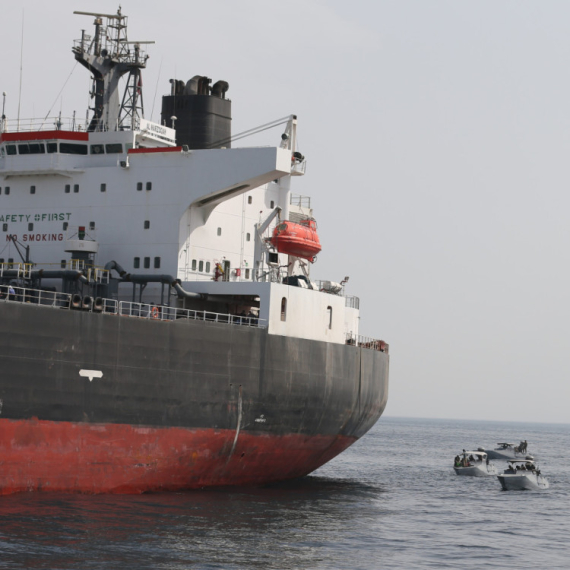







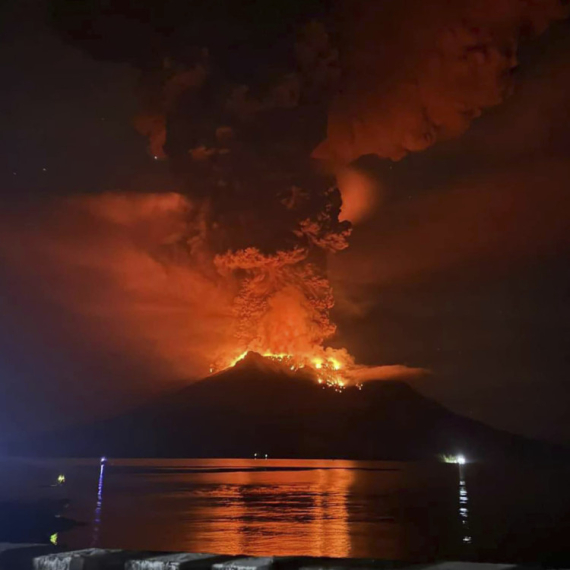
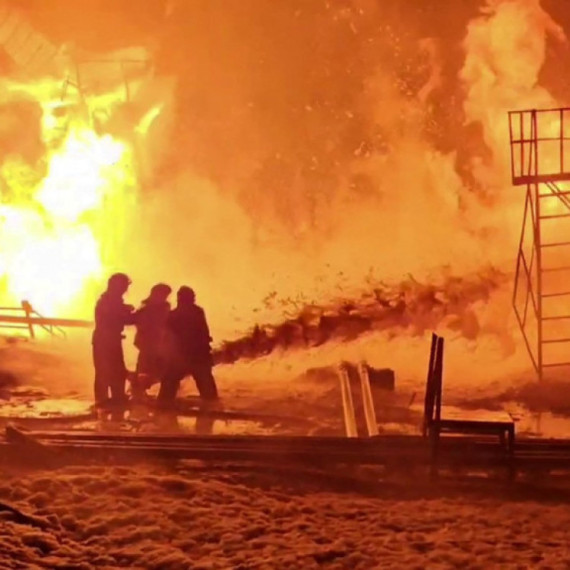
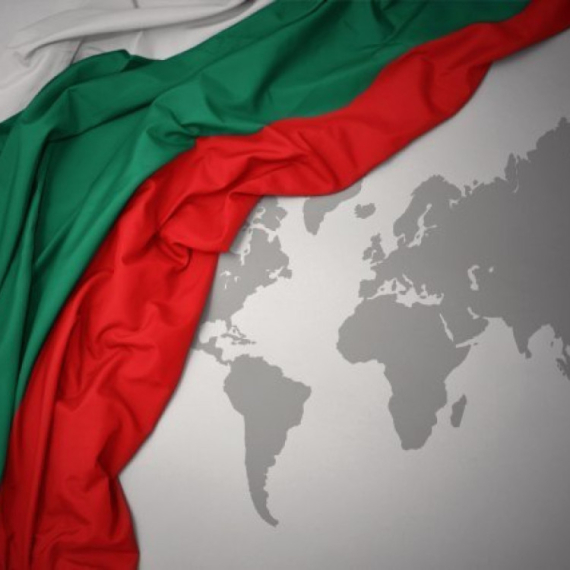
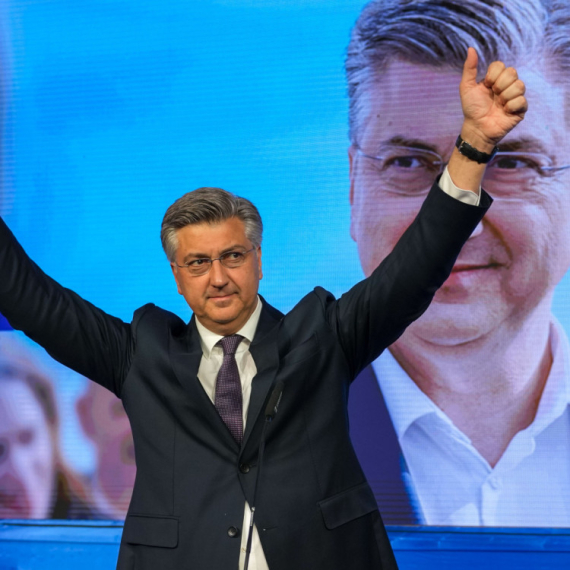
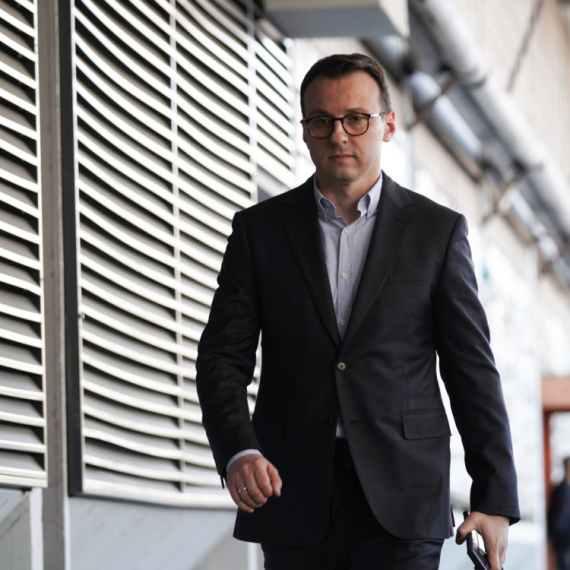








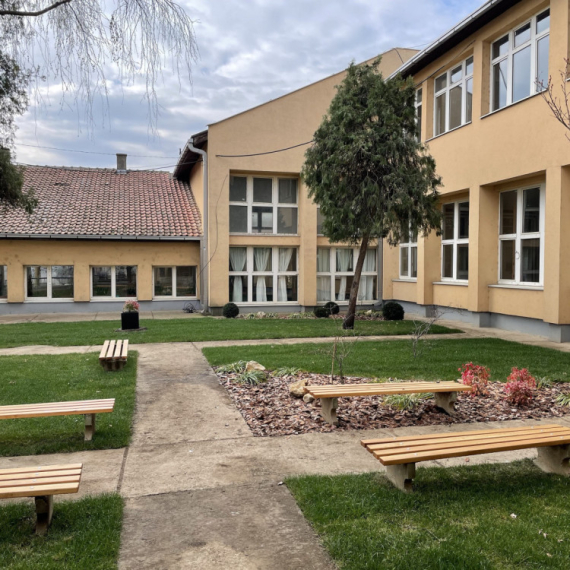










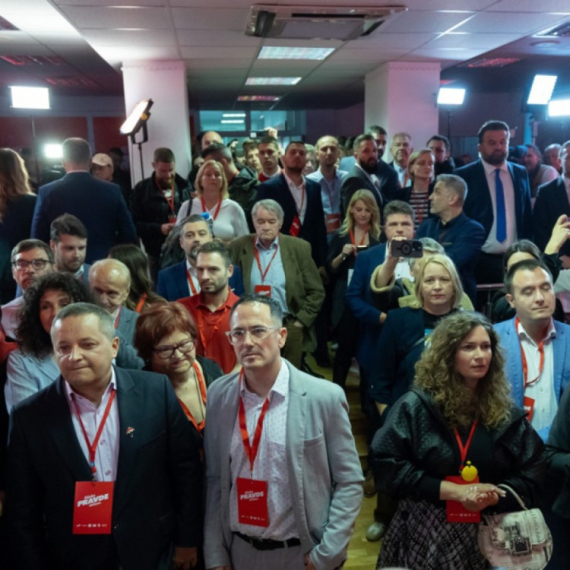



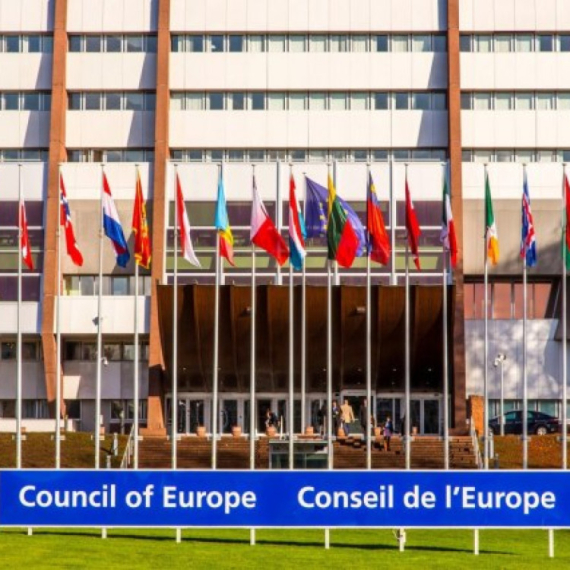













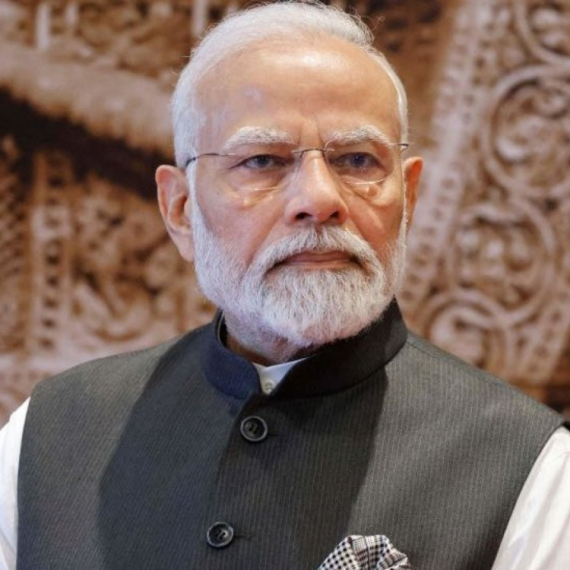


Komentari 21
Pogledaj komentare